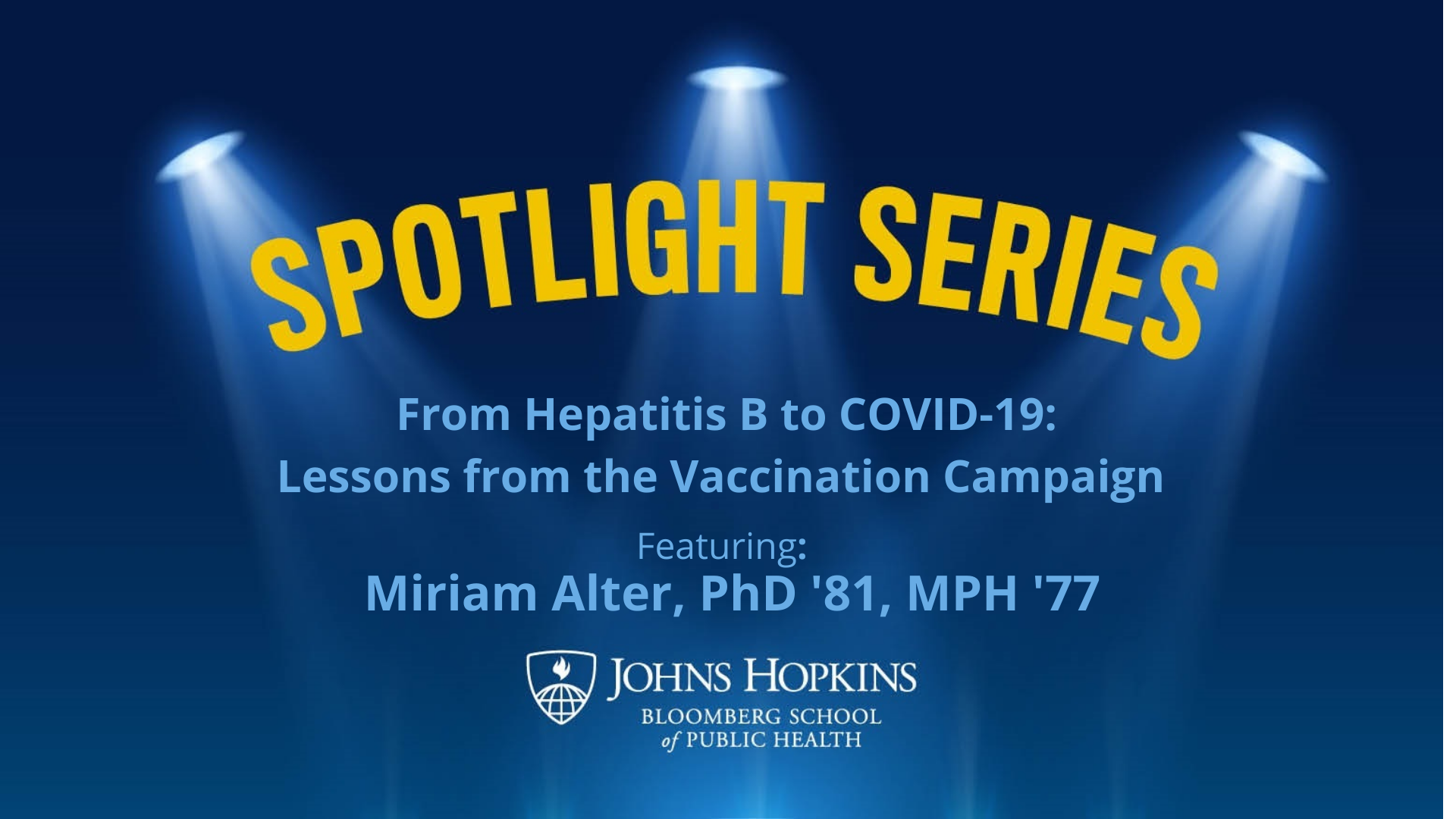From Hepatitis B to COVID-19: Lessons from the Vaccination Campaign

From Hepatitis B to COVID-19: Lessons from the Vaccination Campaign
Hepatitis B is a liver infection caused by the hepatitis B virus (HBV) which can increase the risk of developing liver failure, liver cancer, or cirrhosis. Based on data from CDC, the incidence of acute hepatitis B in the United States has declined steadily since the late 1980s. Between 1987 and 2004, the incidence of acute hepatitis B declined 80%, from 10.7 per 100,000 (25,916 cases reported) to 2.1 per 100,000 (6,212 cases reported). Globally, hepatitis B affects nearly two billion people, making it a continued public health concern.
The decline in reported hepatitis B cases in the United States between 1980 and 2004 is due largely to the introduction of a Hepatitis B vaccine in 1981. Despite the ability of the vaccine to protect against a potentially life threatening infection, many healthcare workers and laypeople alike were hesitant to agree to the vaccine. Over time the Hepatitis B vaccine became part of routine vaccination for children and adults, but that progress required effort over several years.
Looking back, one can identify many parallels between the history of making Hepatitis B part of routine vaccination and our current COVID-19 vaccination story, including vaccine hesitancy and the efforts of many to encourage a COVID-19 vaccination part of a regular check-up, when and if necessary.
Join Miriam Alter, PhD, MPH, as she discusses the steps taken to promote the Hepatitis B vaccination campaign and what we can learn about this effort as we think to the future of COVID-19.
